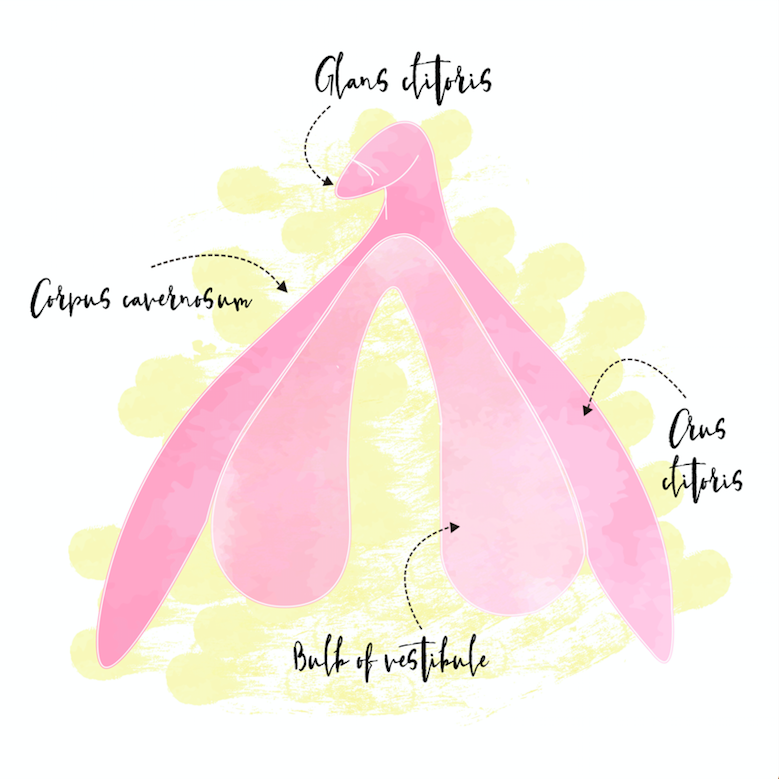A study conducted in Montreal, Canada uncovered the beliefs men and women have about orgasm (Séguin, 2019). These beliefs in essence, are reflected in our culture as statistics, in the media and how we operate as a culture. Below are some of the beliefs that were revealed in the study:
- Male orgasm is simple; female orgasm is complex.
- Male sexual pleasure is innate, female sexual pleasure is acquired.
- Male orgasm is a primal need; female orgasm is an unessential bonus.
- Male orgasm is spotlighted, female orgasm is invisible.
Statistically, with nearly 50% of the female population experiencing female orgasmic disorder, these beliefs hold true. But, there is another side to the story.
Here is another belief found in the study:
“The belief of universal ease of orgasm among men is so ingrained, that men experiencing orgasm difficulties were understood by participants to be rare, strange, or abnormal.”
Both men and women can experience difficulties with orgasm. Yet, because of society’s belief’s we only know about women who have orgasmic difficulties. Men experience what is called, Delayed Ejaculation, similar to Female Orgasmic Disorder, in that a man is unable to experience orgasm and/or ejaculation.
If society believes every man is able to orgasm because he can ejaculate and that male orgasm is simple and a primal need, would it not then be difficult for a man to go get help for his inability to experience orgasmic pleasure? Men fake orgasms. Yet society only talks about women faking orgasms. Why? Because of the beliefs in our culture.
How to we begin to change these beliefs? How do we change any beliefs that we have? Meditation is one path to changing beliefs. Another is through mental practice.
James Allen published the essay, As a Man Thinketh, in 1903, detailing how, each man and woman holds the key to every condition, good or bad, that enters into his/her life, and that, by working patiently and intelligently upon his/her thoughts, he/she may remake his life, and transform his circumstances.”
As the saying goes, “Believe and you shall see.”
Citation: Séguin, L. J., & Blais, M. (2019). Pleasure is just the tip of the iceberg: Social representations, personal beliefs, and attributed meanings to partnered orgasm. The Canadian Journal of Human Sexuality, 28(3), 328–342. https://doi.org/10.3138/cjhs.2019-0027






